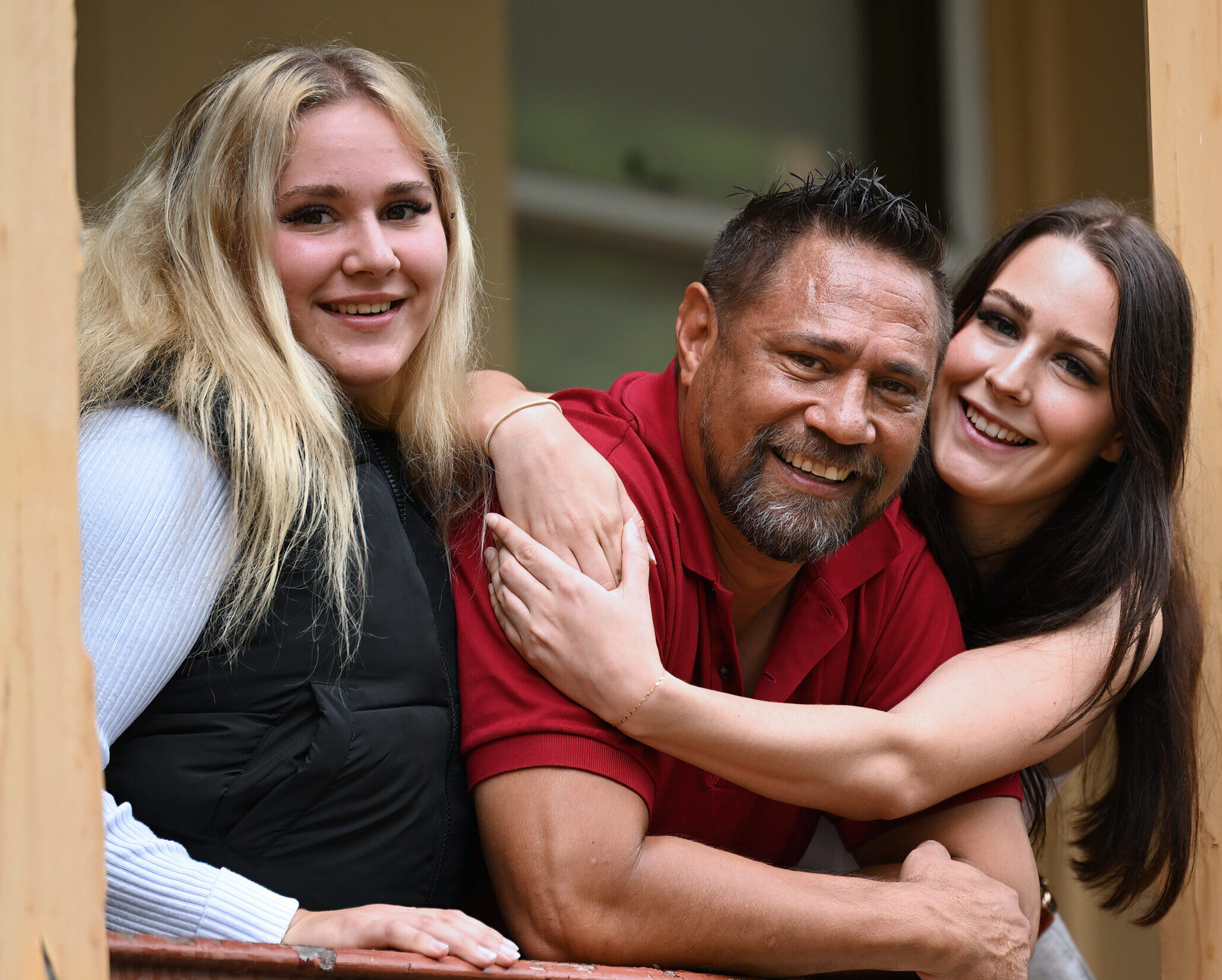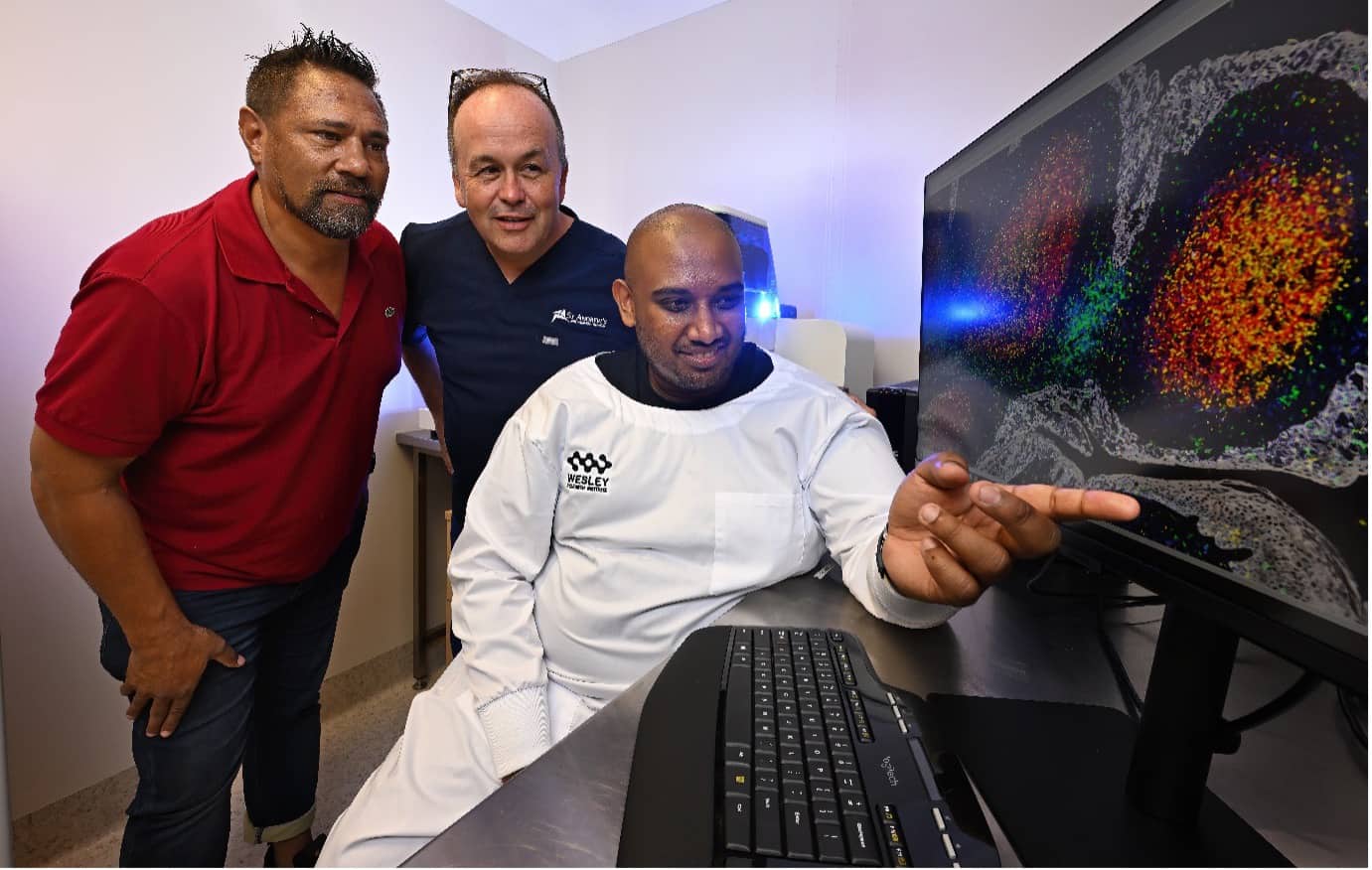
The Wesley Research Institute recently introduced its innovative Queensland Spatial Biology Centre (QSBC), focusing on advancing personalised treatment for cancer, heart and lung disease. At the heart of this ground-breaking initiative is Michel Itel, a lung cancer survivor and research advocate whose personal journey and insights are shaping the future of medical research.
Michel was diagnosed with advanced stage four lung cancer in 2017, a journey that took him from Brisbane to Washington DC and Barcelona in search of answers. His experiences led him to a crucial realisation: “I don't really want to know much about my condition, I want to know about the condition,” Michel said, emphasising his commitment to understanding lung cancer at a broader level.
As a patient with a specific EGFR positive mutation, Michel benefited from targeted therapy, an approach that the new Queensland Spatial Biology Centre (QSBC) aims to enhance for future patients. The Centre's focus on digital spatial mapping and spatial biology provides a detailed understanding of the tumour microenvironment, allowing for more precise and effective treatment strategies.
Michel's advocacy is driven by a desire to change perceptions and policies surrounding lung cancer. He emphasises the importance of moving beyond the stigma associated with lung cancer, noting that his own diagnosis had no link to smoking. Michel's involvement in the ‘Fair Go for Lung Cancer’ campaign and his interactions with Brisbane's medical community highlight his dedication to raising awareness and improving treatment options.
The Queensland Spatial Biology Centre represents a significant leap forward, likened by Michel to the transition from “horse and cart to the modern-day electric, like a Tesla.” Michel hopes that the work of scientists and clinicians in Brisbane, collaborating with other experts worldwide, will one day be able to develop personalised treatments for patients like him, helping save lives while also enhancing the city's reputation as a leading hub in the field.

Michel's message to policymakers and the public is clear: funding and supporting medical research is crucial for the advancement of treatments for lung cancer and other diseases. His vision is optimistic yet grounded in the potential of spatial biology to revolutionise disease management. As Michel eloquently puts it, “I think Wesley Research Institute and its new QSBC are going to have amazing knowledge that can share to save lives, and it’s going to be unique in the world and unique in Australia.”
Learn more about the research being undertaken by the Queensland Spatial Biology Centre (QSBC) at the Wesley Research Institute.